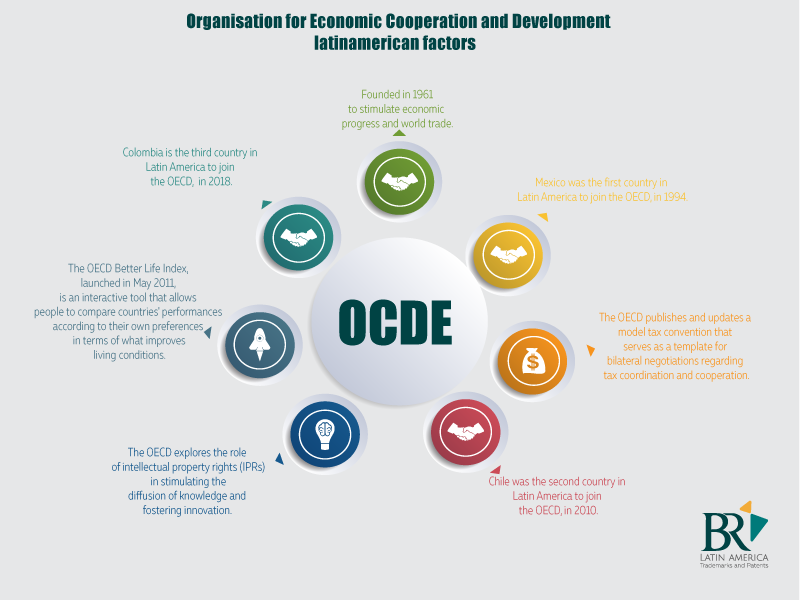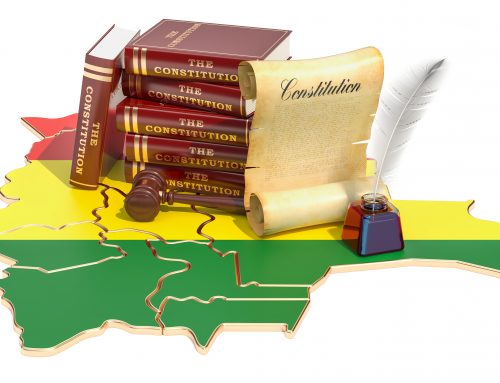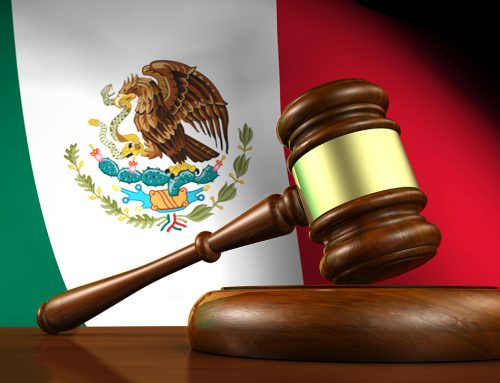Article written by our CEO for ![]() Your LATAM FlagshIP
Your LATAM FlagshIP
Read more: https://goo.gl/jZQGUw
Colombia has recently been accepted to join the Organisation for Economic Cooperation and Development (OECD). It is the third Latin American country to join this organization after Mexico and Chile.
In the region, Colombia is the third most populous country in Latin America after Brazil and Mexico and the fourth largest economy after Argentina.
The OECD is an international organization composed of 37 countries. The main objective of this organization is to promote policies to improve social and economic well-being, as well as to achieve the strongest possible expansion of the economy and employment in the member countries and the developing non-member countries.
Belonging to the OECD “club” means to share standards, public policies and good practices common in the most developed countries. This makes a positive impact in terms of investments, services and international business exchanges, which are good news for European SMEs.
The road to accession
Accession demands considerable efforts to fulfill the requirements and minimum standards set out by the OECD.
Intellectual Property (IP) regulations were one of the obstacles Colombia had to face during the process to join OECD. The United States of America included Colombia on its last 301 USTR report (an annual report that “evaluates the level of adequacy and effectiveness provided by U.S. trading partners’ countries on Intellectual Property Rights (IPRs) protection and enforcement” as it was explained in a previous article here).
Colombia has made significant progress to live up to its responsibilities and must continue to do so. As a result of the taken measures, the country has dramatically reduced its prosecution timeframes. Nowadays, registering a trademark can take as little as four months while in 2000 it took 24 months. The same happened with patents — the time frame was reduced from 55 months to 37.
Colombia to adapt its regulation to demands and policies of the OECD, also has carried out several actions, among them a new copyright law that seeks to protect economic rights for writers, actors, artists and other creators.
What to expect
The OECD will probably propose to create an independent IP authority. Currently the Superintendence of Industry and Commerce (SIC) is the IP authority, which is also in charge of competition law, and consumer and data protection. Many countries already have a specialised office devoted exclusively to IP matters.
We agree with this proposal of an independent entity with its own court system, including the ability to review the granting decision. This function is now on the hands of the highest court of the Administrative law, the Council of State. Unfortunately, this court has a big backlog and IP is not in its priorities. This is a very sensitive matter as most conflicts between parties involve disputes around the validity of IP rights. At this time, civil courts cannot determine the validity of an IP right so cases get suspended until the Council of State makes a decision.
Challenges Colombia must overcome
The Colombian economy is highly dependable on commodities. Coffee, coal and oil have been the major legal Colombian exports. The biggest challenge is to diversify the Colombian offer and the manufacturing of higher value goods and services.
The use of IP by Colombians has been strengthened. Although the number of patent applications filed by locals is very small, the government, through Colciencias, has made an effort to support inventor’s initiatives, but there is still much more to be done.
International organizations like CAF (Andean Development Corporation- Development Bank of Latin America) is also working on increasing the use of the patent system. It has achieved an important growth in Panama, where the pilot project was performed.
Regarding geographical indications, Colombia has more than 26 geographical indications, related to artisanal and agro-food products, among which the most important one is “Café de Colombia”. The SIC has made efforts to seek the protection for more indications that have an impact on international markets.
Colombia has to improve its agenda on IP for innovation. Both the public and private sector must work closely in optimizing the use of IP as an engine for development.
Conclusion
We are confident that Colombia is taking the right steps and will create a safer environment for innovation and foster trust among EU SMEs interested in entering the Colombian market. We strongly believe that, as a new member of the OECD, Colombia will improve its overall innovation process and IP system.



